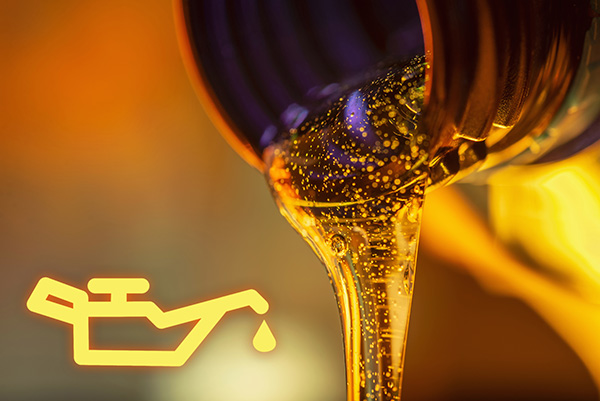
If your car is burning through oil faster than usual, it’s not something to ignore. While a little oil loss between changes is normal, constantly needing to top off could signal an underlying issue. From small leaks to internal engine problems, excessive oil consumption can lead to performance issues and expensive repairs if left unchecked. What’s causing your car to use more oil than it should?
Normal vs. Excessive Oil Consumption
Engines naturally burn some oil during operation, but how much is too much? Most modern cars consume a small amount of oil between oil changes, typically less than a quart every 3,000 to 5,000 miles. However, if you find yourself adding oil frequently—especially well before your next scheduled oil change—it may be a sign of a problem.
Factors that can influence normal oil consumption include:
- Engine age – Older engines tend to burn more oil due to internal wear.
- Driving habits – Aggressive driving, towing, or frequent high-speed travel can increase oil usage.
- Oil type and quality – Using low-quality or incorrect oil can lead to higher consumption.
If you’re adding oil every few hundred miles, it’s time to investigate the cause.
Common Causes of High Oil Consumption
Oil Leaks from Seals or Gaskets
One of the most common reasons for oil loss is leaking seals or gaskets. Over time, components like the valve cover gasket, oil pan gasket, and crankshaft seals can develop leaks, allowing oil to escape. If you frequently notice oil spots under your car or a burning oil smell while driving, you may have a leak.
Even small leaks can add up over time, leading to low oil levels and potential engine damage. Addressing leaks early can prevent costly repairs down the road.
Worn Piston Rings or Cylinder Walls
Your engine relies on piston rings to seal oil out of the combustion chamber. When these rings wear down, oil can seep into the cylinders and burn along with the fuel. This results in increased oil consumption and blue smoke coming from the exhaust.
A compression test can help determine if worn piston rings are the cause. If they are, engine repairs may be necessary to restore proper function.
Failing Valve Seals
Valve seals help control the amount of oil that lubricates the valves. When they wear out, excess oil can leak into the combustion chamber, causing burning oil, blue exhaust smoke, and increased oil consumption.
Unlike piston rings, bad valve seals can often be replaced without a full engine rebuild, making this a more manageable repair if caught early.
PCV Valve Malfunction
The positive crankcase ventilation (PCV) valve regulates pressure inside the engine and helps remove excess oil vapors. If it becomes clogged or stuck, oil may enter the intake system and burn off excessively, leading to higher oil consumption.
Replacing a faulty PCV valve is a simple and inexpensive fix that can improve oil control and engine efficiency.
Using the Wrong Oil Type
Different engines require specific oil viscosities to function properly. If you’re using oil that’s too thin for your vehicle’s specifications, it may burn off more quickly than a thicker, manufacturer-recommended oil.
Checking your owner’s manual and sticking to manufacturer-approved oil can help reduce unnecessary oil loss.
What Happens If You Ignore Excessive Oil Consumption
Running an engine with low oil levels can lead to increased friction, overheating, and accelerated wear on engine components. Over time, this can result in:
- Reduced fuel efficiency and power
- Overheating and potential engine failure
- Expensive repairs or a full engine replacement
Addressing high oil consumption early can prevent severe engine damage and keep your car running smoothly.
How to Prevent Excessive Oil Consumption
Regular maintenance is the best way to prevent oil-related issues. Follow these steps to help maintain proper oil levels:
If you notice a sudden increase in oil consumption, don’t ignore it—getting a professional diagnosis can save you from costly repairs later.
Excessive oil consumption can be a sign of minor leaks or major engine issues, but either way, it’s not something to overlook. Our professionals at Autobahn Auto Repair in Newark, NJ, can diagnose the cause and recommend the right solution, whether it’s a simple fix or a more in-depth repair. Contact us now to schedule a service!